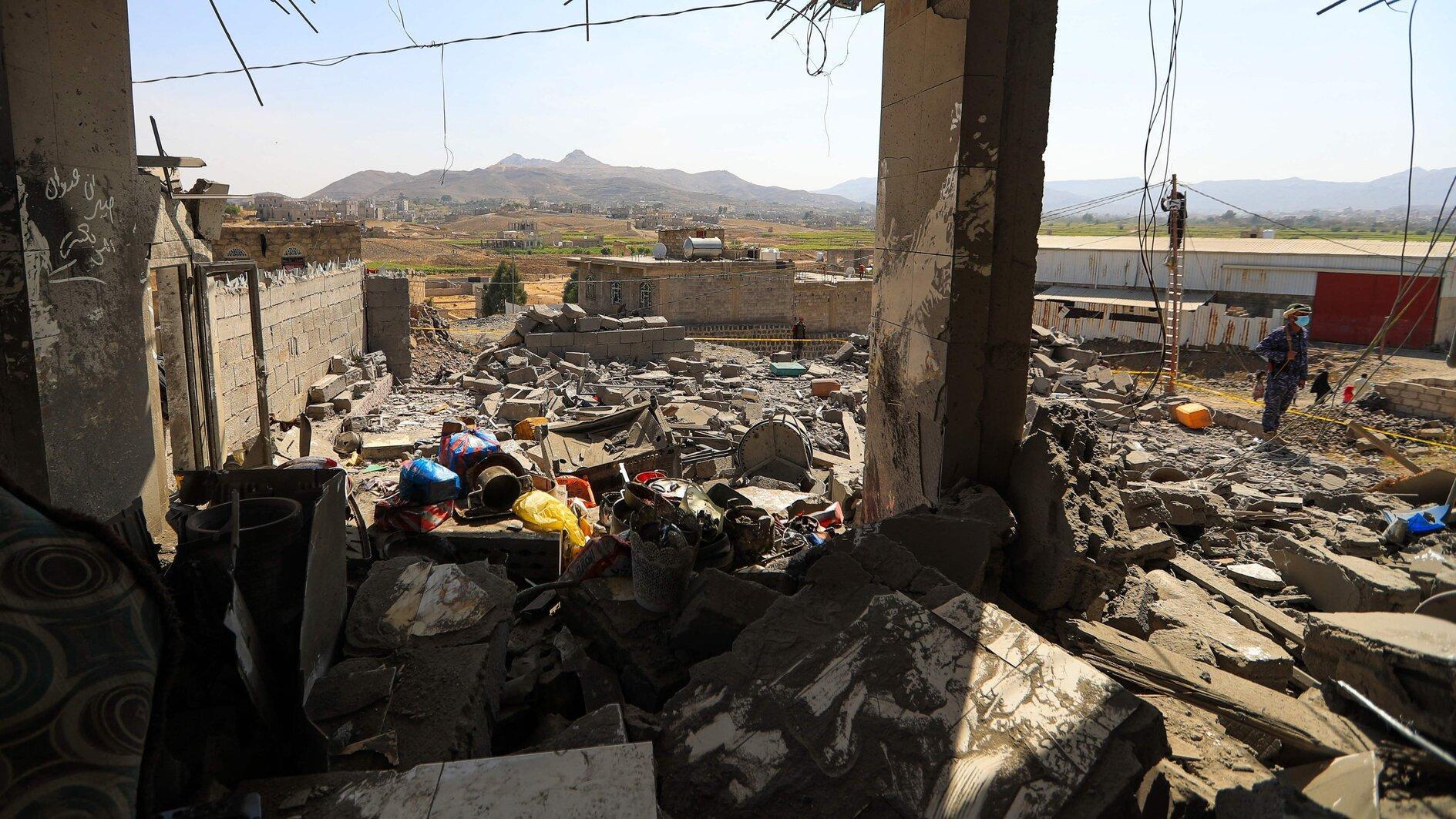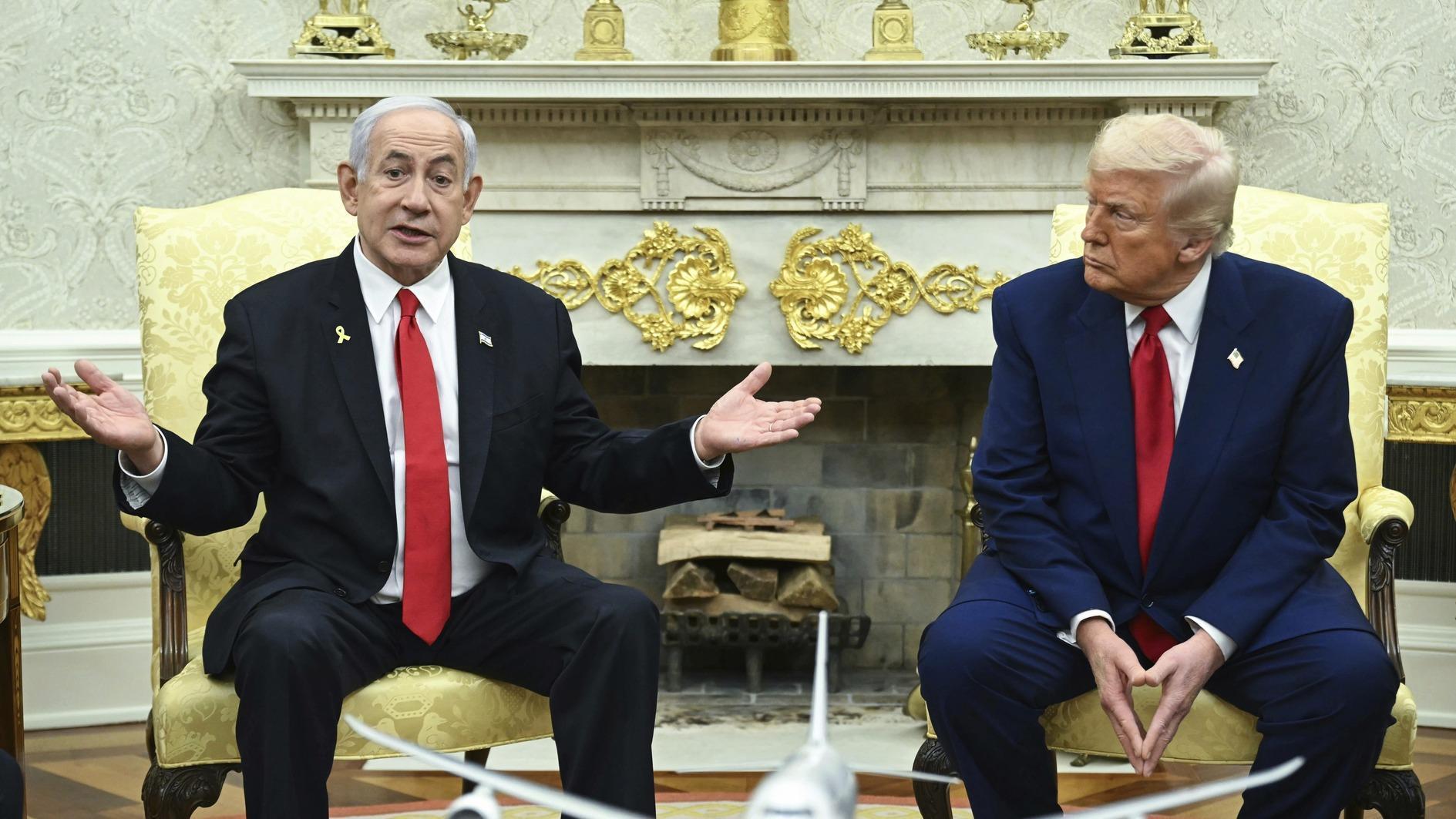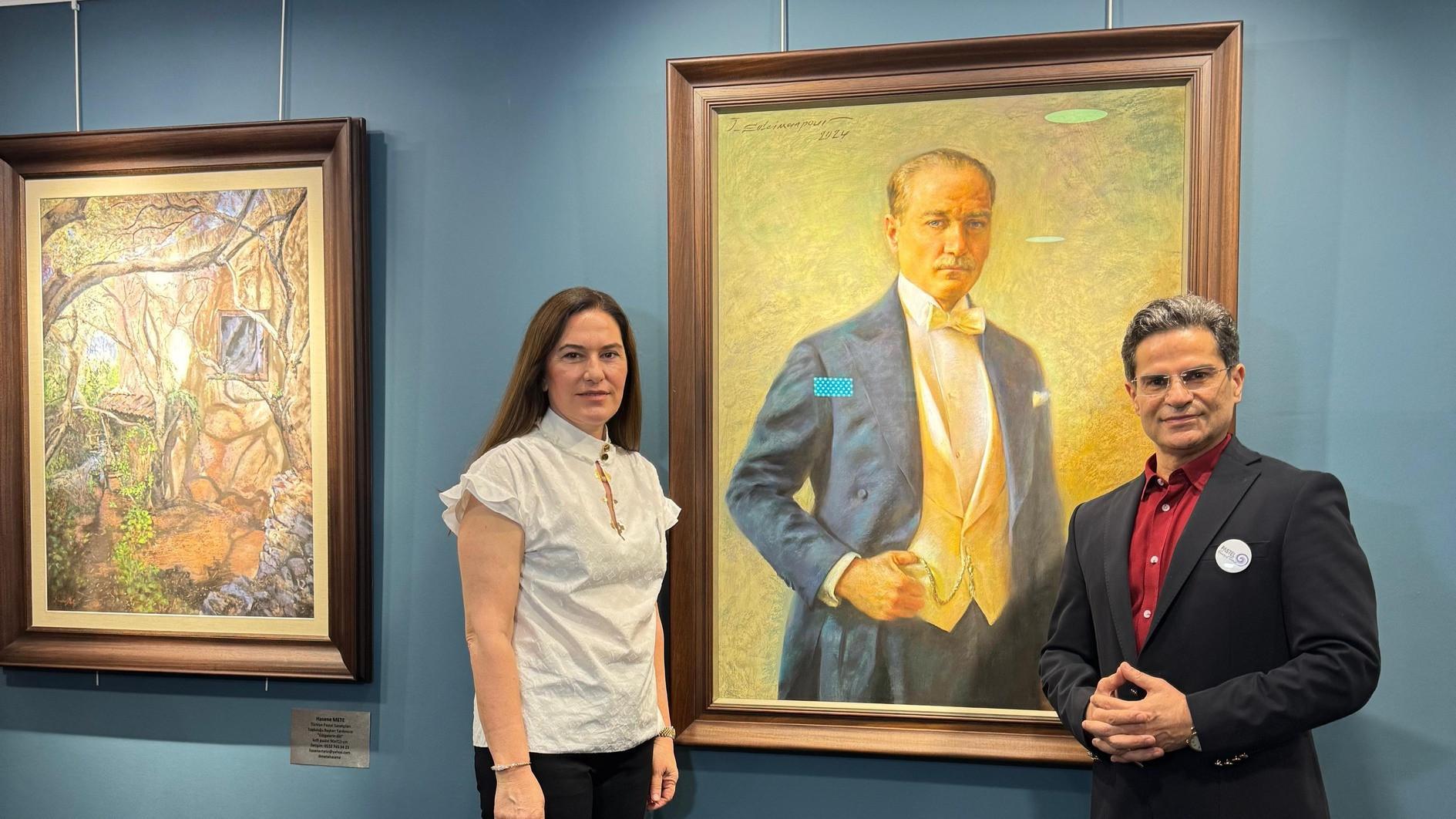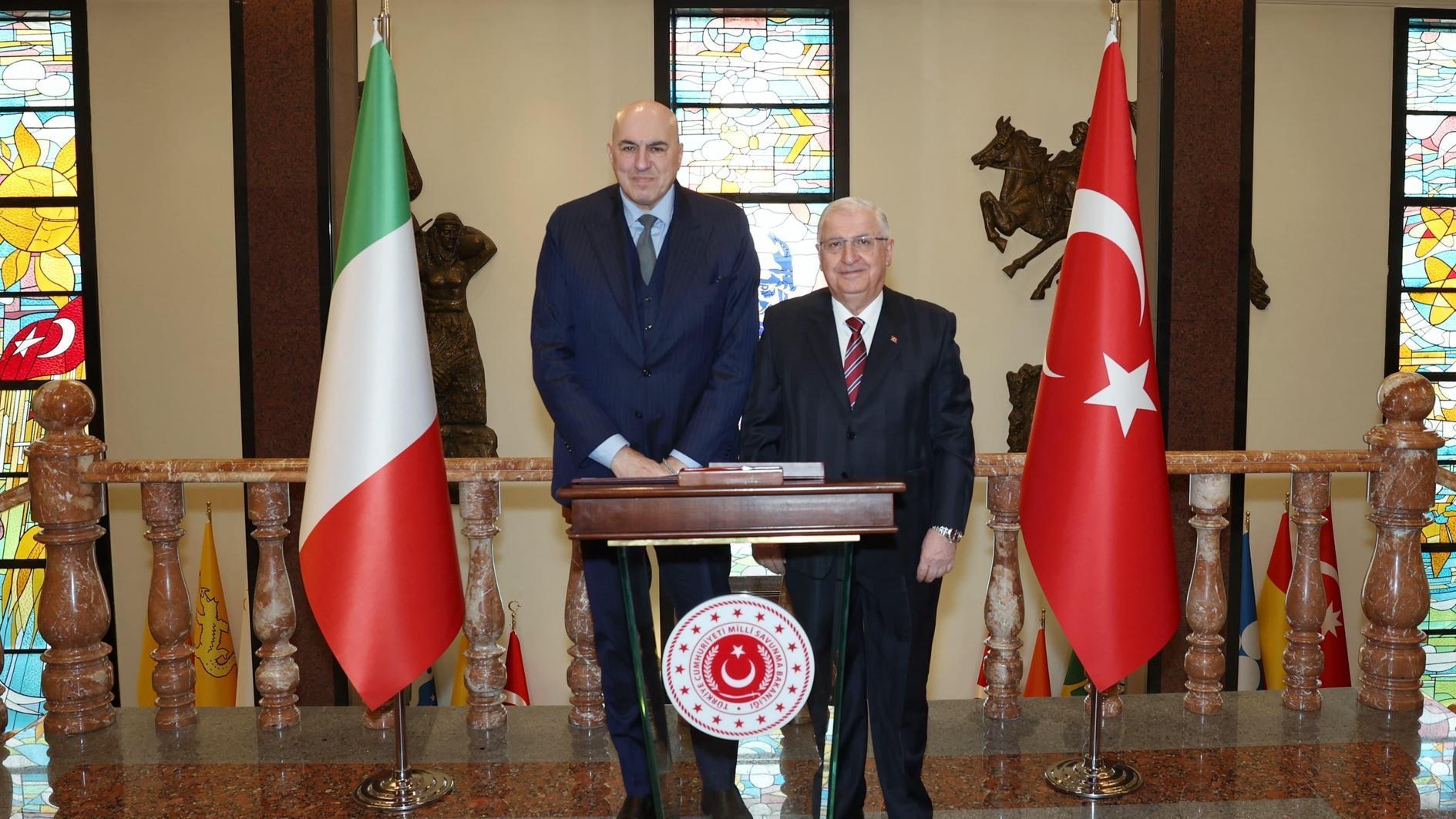Iranian moderates win majority in parliament, clerical body
TEHRAN – The Associated Press
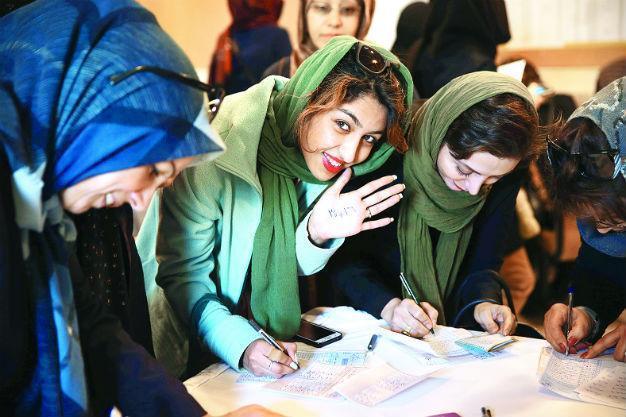
AP photo
Iranian moderates have won a majority in parliament and a top clerical body charged with selecting the next supreme leader, dealing a major blow to hard-liners in the first elections held since last summer’s landmark nuclear agreement with world powers.Final results released by the Interior Ministry and broadcast on state TV show that reformists, who favor expanded social freedoms and engagement with the West, won at least 85 seats. Moderate conservatives, who also supported the nuclear agreement, won 73, giving the two camps a majority in the 290-seat assembly.
Hard-liners, who had opposed the deal, won just 68 seats, down from more than 100 in the current parliament. Five seats will go to religious minorities, and the remaining 59 will be decided in a runoff, likely to be held in April.
Interior Minister Abdolreza Rahmani Fazli said turnout was 62 percent.
Most of the lawmakers who did not make it to the new parliament strongly opposed the nuclear deal, including Mehdi Koochakzadeh, who called Foreign Minister Mohammad Javad Zarif “a traitor,” and Roohollah Hosseinian, who threatened to bury the negotiators under cement for agreeing to concessions to world powers.
“This election can be a turning point in the history of the Islamic Republic,” said an editorial in reformist newspaper Mardom-Salari, whose managing editor, Mostafa Kavakebian, won a parliamentary seat in Tehran, according to Reuters.
Moderates also won a 59 percent majority in the Assembly of Experts, an 88-member body which will choose the successor to Ayatollah Ali Khamenei, who has been Iran’s top decision-maker since 1989. The 76-year-old underwent prostate surgery in 2014.
President Hassan Rouhani and former President Akbar Hashemi Rafsanjani, both considered moderates, retained their seats in the assembly, according to the Interior Ministry. Rouhani and allied centrists and reformers won 15 out of the 16 Tehran seats in the 88-member Assembly of Experts. However, several prominent hard-liners, including Ayatollah Ahmad Jannati, have also been re-elected.
Jannati is also the leader of the Guardian Council, an unelected, constitutional watchdog that vets election candidates. He has been a leading opponent of democratic reforms and has pressed for the disqualification of reformist candidates. Out of 3,000 reformists who applied to run in this year’s elections, just 200 made it through the vetting process.
Two prominent conservatives, including the speaker of the powerful clerical body, Ayatollah Mohammad Yazdi, were among those ousted in the capital.
The Assembly of Experts is elected every eight years. Moderates previously held around 20 seats in the assembly.


